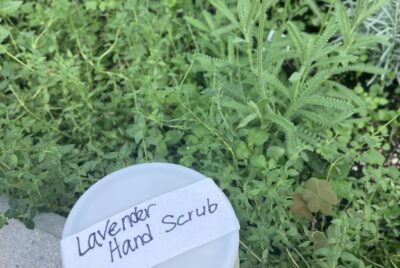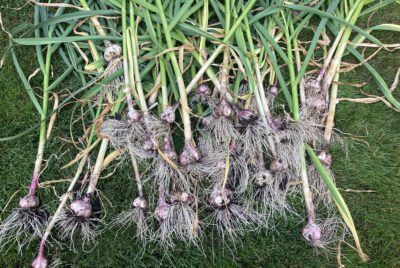RESEARCH
Bourdieu in the Women’s Prison Garden: Findings from Two Clinical Sociological Garden Interventions in the Carceral Field
Summary
This article explores the use of prison gardens for women as a way to promote well-being and address gender inequality within the carceral system. It argues that these gardens, designed with the specific needs of women in mind, can be both a positive program for inmates and a means for sociologists to create meaningful change. The authors draw on the idea that all people have a right to well-being and access to nourishing food, arguing that prison gardens can help fulfill these rights while also empowering women and challenging structural barriers within and beyond the prison walls. The research examines two case studies of prison gardens in the Southeastern and Midwestern United States, analyzing the benefits for incarcerated women through the lens of different forms of capital: cultural, economic, social, and symbolic.
The findings show that these gardens provide opportunities for women to gain knowledge and skills (cultural capital), access fresh food and resources (economic capital), build relationships and support networks (social capital), and experience positive shifts in self-perception and how they are viewed by others (symbolic capital). The gardens offer a space for teamwork, learning, and connection, fostering a positive subculture within the prison environment. While the authors acknowledge potential criticisms related to supporting the prison system, they emphasize their goal of providing meaningful programs for an underserved population and creating access to resources that would otherwise be unavailable.







